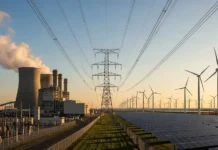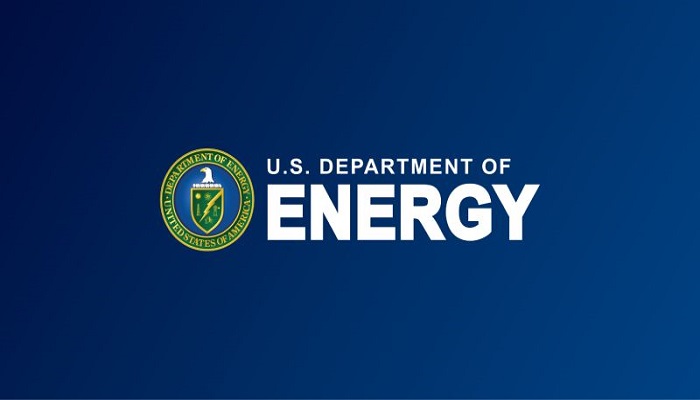The U.S. Department of Energy- DoE on May 6, 2024 announced $8 million for almost 15 research, development, and demonstration- RD&D projects that go on to leverage DOE’s Roll-to-Roll (R2R) Consortium.
This investment goes on to offer an immense opportunity for private sector players to go ahead and partner with national labs in order to get funding by way of cooperative research and development agreements- CRADAs.
Interestingly, the National Renewable Energy Laboratory will go on to manage the selection of such projects, which will as well go ahead and complement manufacturing and, at the same time, the recycling efforts that happen to be funded by the Bipartisan Infrastructure Law and, in a way, aid in fast-track growth as far as the clean hydrogen economy is concerned, as laid out in the U.S. National Clean Hydrogen Strategy and Roadmap.
By way of this funding, DOE’s Hydrogen and Fuel Cell Technologies Office- HFTO looks to speed up the development in terms of affordable manufacturing processes as well as characterization tools when it comes to water electrolyzers and also fuel cells stressing on materials synthesis processes- colloidal science, rheology as well as formulations; roll-to-roll coating process creation; technique development when it comes to quality control; advanced materials characterization such as electron microscopy, X-ray scattering as well as spectroscopy; advanced computing like synthetic reactors CFD modeling, coating process modeling, machine learning as well as artificial intelligence and also electrochemical testing.
The fact is that the R2R Consortium’s mission is to go ahead and make advancements in efficient, scalable, high-quality, and throughout manufacturing methodologies as well as processes for clean hydrogen tech so as to speed up domestic manufacturing and decrease the cost of capital when it comes to durable as well as high-performance fuel cells along with water electrolyzer systems. The objectives of the consortium go on to include understanding the material as well as processing the behavior so as to advance methods in order to surge efficiency in energy, reduce usage of materials, waste, and the cost of equipment in the manufacturing processes, and also help with high-throughput manufacturing processes.
The $8 million that’s available is going to provide funds to the R2R consortium so as to support industry-led cooperative projects across an anticipated duration of 2 years. The projects that are proposed must have a partnership between an industry entity and two or more national labs that happen to be a part of the consortium. The fact is that the DoE goes on to encourage diversity, inclusion as well as equity and of course, participation from undeserved and disadvantageous communities.










































